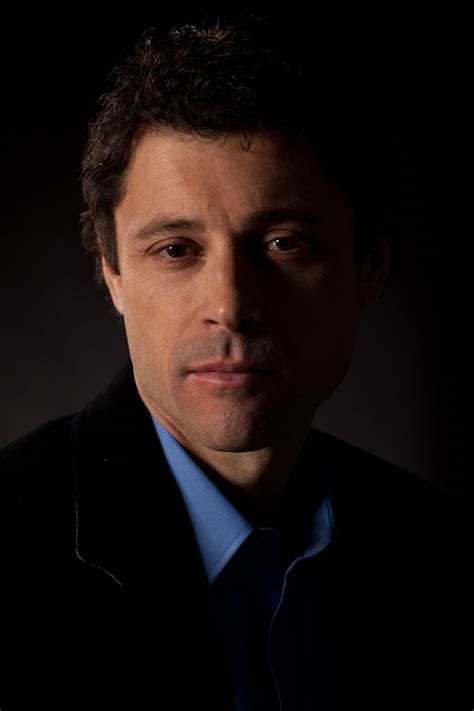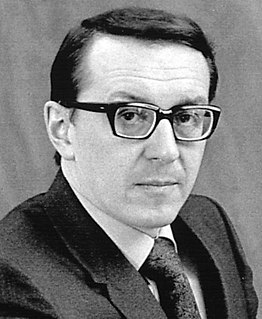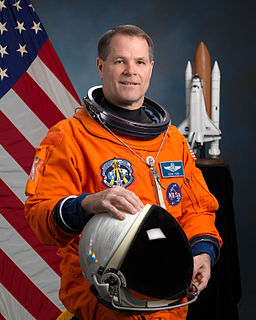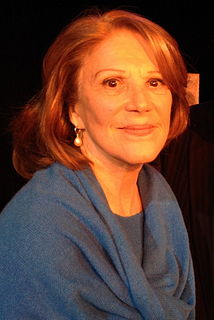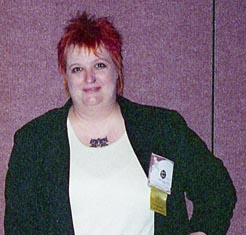A Quote by Anthony Doerr
WWII is something contemporary readers already know a lot about. If our schools are doing their jobs, they know about the invasion of Normandy, the Hitler Youth, the Holocaust, and at least a few of the horrors of the Eastern Front.
Related Quotes
I'll tell you something of the forbidden horrors she led me into - something of the age-old horrors that even now are festering in out-of-the-way corners with a few monstrous priests to keep them alive. Some people know things about the universe that nobody ought to know, and can do things that nobody ought to be able to do.
I have a British voice and a rather formal one at that, having been brought up in post-WWII Britain. My voice is perfectly suited to the sort of book I write, I think. It would not fit a contemporary, besides which I do not know enough about the contemporary world to write convincingly or comfortably about it!
[talking about the Holocaust] 'But to put something in context is a step towards saying it can be understood and that it can be explained. And if it can be explained that it can be explained away.' 'But this is History. Distance yourselves. Our perspective on the past alters. Looking back, immediately in front of us is dead ground. We don't see it, and because we don't see it this means that there is no period so remote as the recent past. And one of the historian's jobs is to anticipate what our perspective of that period will be... even on the Holocaust.
Direction is the most invisible part of the theatrical art. It's not like the conductor in the symphony orchestra performance because he's standing in front of you waiving his arms. You now what he's doing. You don't know what the director is doing unless you know a lot about theater and even then you can only deduce it. You know it when you go to rehearsal. You really know it when they are rehearsing something of yours. I learned more in the rehearsals for The Letter than I have ever dreamed of know in the theater as a critic. If it doesn't make me a better critic, I'm an idiot.
Everyone has issues they are passionate about, they care about. Step up, do something that you know absolutely you can achieve. We each have a sphere of influence. It may be just our family and a few close friends, or it might be the reach into government. Exercise what you can do, not what you can't do. Recognize there are millions of others doing the same. Act on things you know to be right and true.
I've always kind of thought that reviews written by readers for readers are a kind of private space between consumers. It's their right to say anything they like about your material, and authors need to know that and respect that. As for my end, I'm aware of what my sales are, so I know that my books are working in the marketplace, at least for now, and beyond that, I have to just do my thing and stay focused.
Writing isn't generally a lucrative source of income; only a few, exceptional writers reach the income levels associated with the best-sellers. Rather, most of us write because we can make a modest living, or even supplement our day jobs, doing something about which we feel passionately. Even at the worst of times, when nothing goes right, when the prose is clumsy and the ideas feel stale, at least we're doing something that we genuinely love. There's no other reason to work this hard, except that love.





